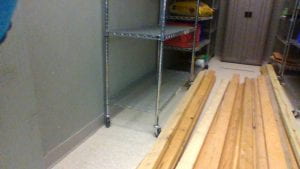2) Interview someone who is sacrificing for the greater good. Ask them what they are doing to help during this time (this can be a nurse, doctor, someone who works with older folks, someone who works in a grocery store, a Rabbi, a teacher, etc.) Please prepare in advance before you call them. Have at least 3 questions ready and take notes while you talk. Blog about who you interviewed and the answers that were given to your questions. A question might be: what does your day look like when you go to work? How are you protecting yourself from the virus? How are you feeling about your work?
I asked my father, who is a nurse, what a regular day at work looks like. He said “I care for patients. Between looking at notes and caring for patients. I do both.”
I asked my father how are you protecting yourself from the virus. He said ” Washing my hands many times, wearing masks when in contact with patients, and using a lot of hand sanitizer.”
3) Write a letter to someone who is currently working to help during this time (ER nurse, doctor). Send it to Gev. Honigman, she will print them and get them to the nurses and doctors.
Dear father,
I am really proud of you. I am so honored to have a father and mother that cares for the lives of the American citizen. I can’t believe I have parents that save lives for a living. Your job seems easy but I know it’s not. I get that your job is challenging and I apologize for my rudeness. I should be more considerate of your feelings after you come home.
Sincerely,
ygaines21


